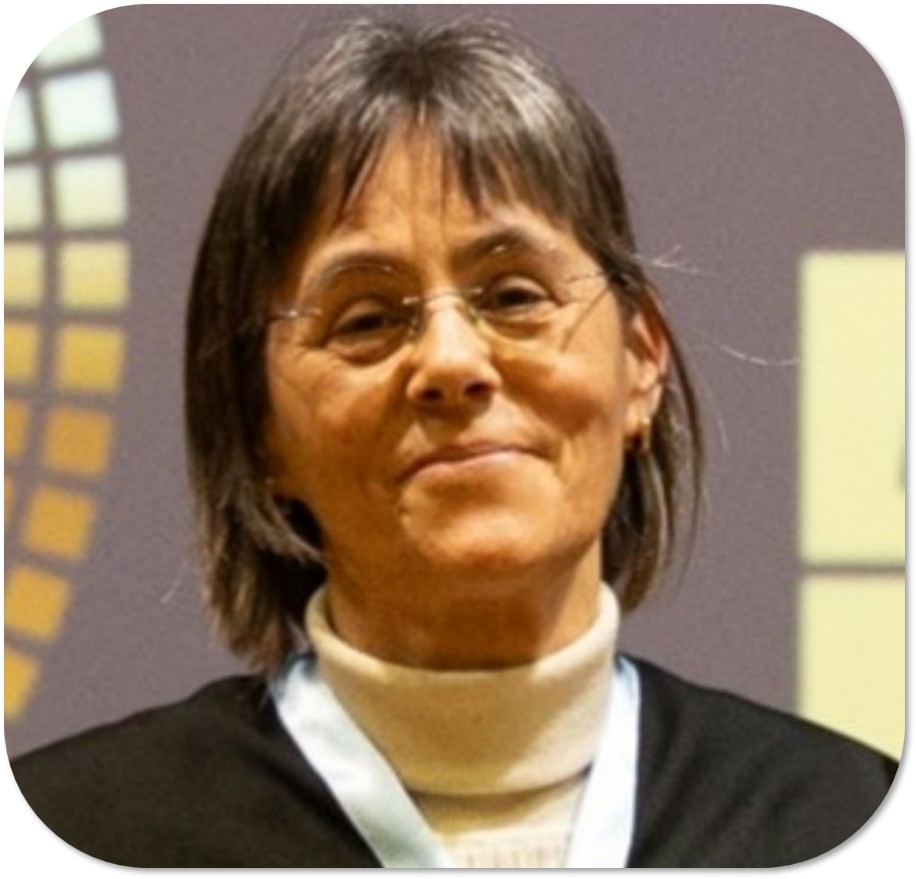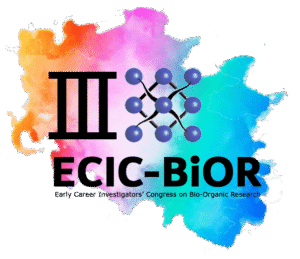
Dr. Ana M. L. Seca
Centre for Ecology, Evolution and Environmental Changes (cE3c)
Faculty of Sciences and Technology
University of the Azores (Portugal)
Plant biomass represents a vast and underutilized resource with tremendous potential. By using crude extracts from low-value biomass or isolating their secondary metabolites, we can develop natural-based solutions with applications in biopesticides, cosmetic additives, and even the health industry.
For example, invasive species such as Hedychium gardnerianum, prevalent in the Azores, pose significant ecological challenges. Research on this species has
demonstrated that its extracts exhibit pesticidal properties against Ceratitis capitata (Mediterranean fruit fly), a notorious pest responsible for considerable
damage in orchards. This finding suggests a sustainable approach to pest management by transforming problematic invasive flora into valuable
biopesticides.
Similarly, seaweed beach-casts in the Macaronesia region present both environmental and economic concerns, negatively impacting tourism and placing a
financial burden on municipalities due to disposal costs. Studies have explored the pharmacological and cosmeceutical potential of these seaweeds. Extracts from 15 beach-cast species were assessed for various bioactivities. Notably, several extracts demonstrated UV protection, with SPF values exceeding 30, while some also exhibited inhibitory eƯects on tyrosinase and collagenase enzymes. These results highlight the feasibility of repurposing seaweed waste into high-value cosmetic products, such as sunscreens and anti-aging formulations.
This presentation will delve deeper into these and other case studies, emphasizing the methodologies employed and the bioactivities discovered. By transforming underutilized plant biomass into valuable applications, we can address environmental issues while promoting sustainable development across multiple sectors.
Prof. Ana M. L. Seca is an Associate Professor at the Faculty of Sciences and Technology of the University of the Azores. She earned her Ph.D. in Chemistry from the University of Aveiro and later obtained her Habilitation in Chemistry from the University of Beira Interior, Portugal.
Since 1999, she has been teaching chemistry at the University of the Azores. In 2016, she joined the Center for Ecology, Evolution, and Environmental Changes (cE3c – CHANGES Institute), and as of 2024, she leads the research group Natural Products and Applications.
Her research focuses on the extraction of secondary metabolites from a diverse range of species, including marine organisms, using both conventional and green methodologies. She specializes in the purification of these compounds through chromatographic techniques and their structural elucidation via spectroscopic methods. Additionally, she explores their potential applications in various fields, such as food science, health
promotion, and biopesticides. Her work contributes to the discovery of novel high-value compounds and the development of nature-based solutions to challenges affecting both human health and the environment.
Dr. Seca has published over 60 peer-reviewed articles and contributed to eight book chapters, underscoring her significant contributions to the chemistry of bioactive natural compounds. She has also actively participated in numerous international scientific workshops and conferences, sharing her research with the broader scientific community.
